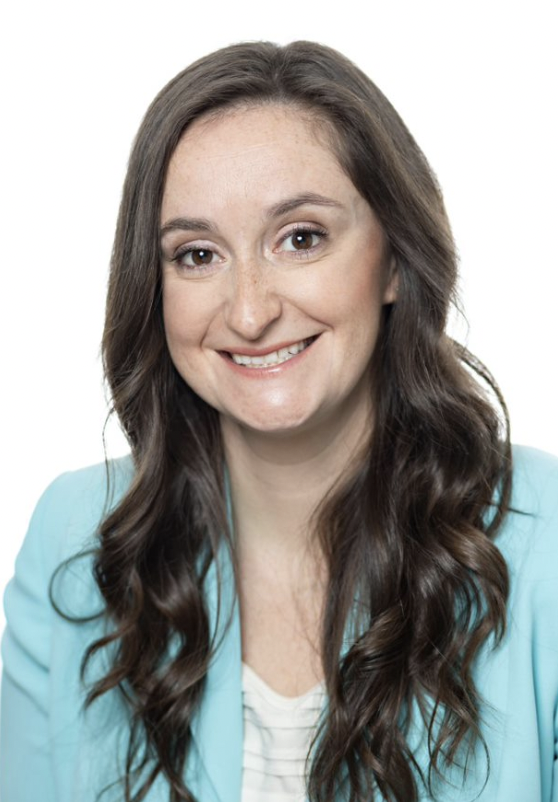Cory Arce Gessert
Vice President, Project Development & Engineering
DNV

What is your role at your company? What are your responsibilities/focus areas?
I lead the Project Development & Engineering department at DNV, which within our Renewables & Power Grids practice provides forward-leaning design, engineering, permitting, and technical advisory to the leading wind, solar, and storage developers and utilities in North America. I see my current role leading a department of 75 of the industry’s best-known permitters, scientists, and engineers as an activator, roadblock-remover, and multiplier role to have the greatest possible impact on decarbonizing our power grid by promoting the strength of the experts I am fortunate to work with daily. My responsibilities include engaging with the market to shape the direction of the industry, developing and bringing to life the vision and strategy for how our team will have the greatest impact on improving our performance, reliability, and safety of the renewable energy assets on which we are advising our Customers, and all the operational activities that come along with that.
What was your pathway to getting a career in the industry? What did you study in school or what previous job-specific training did you complete?
I was drawn to interdisciplinary studies in undergraduate – I have a B.A. in Environmental Studies with a minor in botany, a Master of Science in Environmental Policy and Management, and a Project Management certification. I started my career as a Project Coordinator, working on installing fleets of meteorological towers back in the 2007-2009 “land grab” years of wind energy, eventually learning how to leverage project management and leadership skills to multiply my impact with larger teams and larger independent and owner’s engineering projects across the entire development cycle of wind, solar, and storage.
Why did you choose a job in clean power? What was it about a career in the industry that appealed to you?
To a fresh college graduate during the Great Recession, the most important factor was finding a job in an industry with long-term upward trajectory. Important, but I wasn’t confident enough to hope for, was a role where I could positively impact society while mitigating climate change on a macro level. While the success of the renewables industry was still very tied to federal policy in 2007, it was clear that the industry was moving towards mainstream when I joined a small Seattle-based wind energy consultancy that was eventually acquired by DNV. I can’t tell you how happy I am to now see DNV and many of our partners working exclusively with developers and utilities who are actively participating in the energy transition.